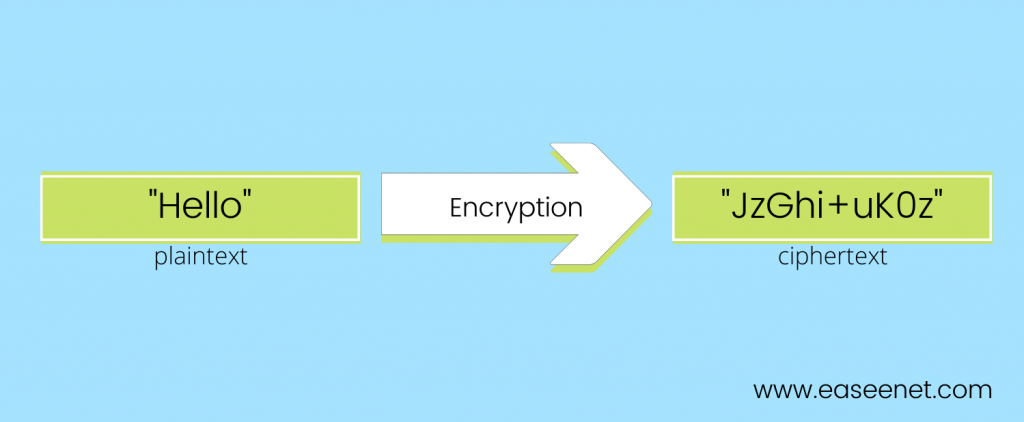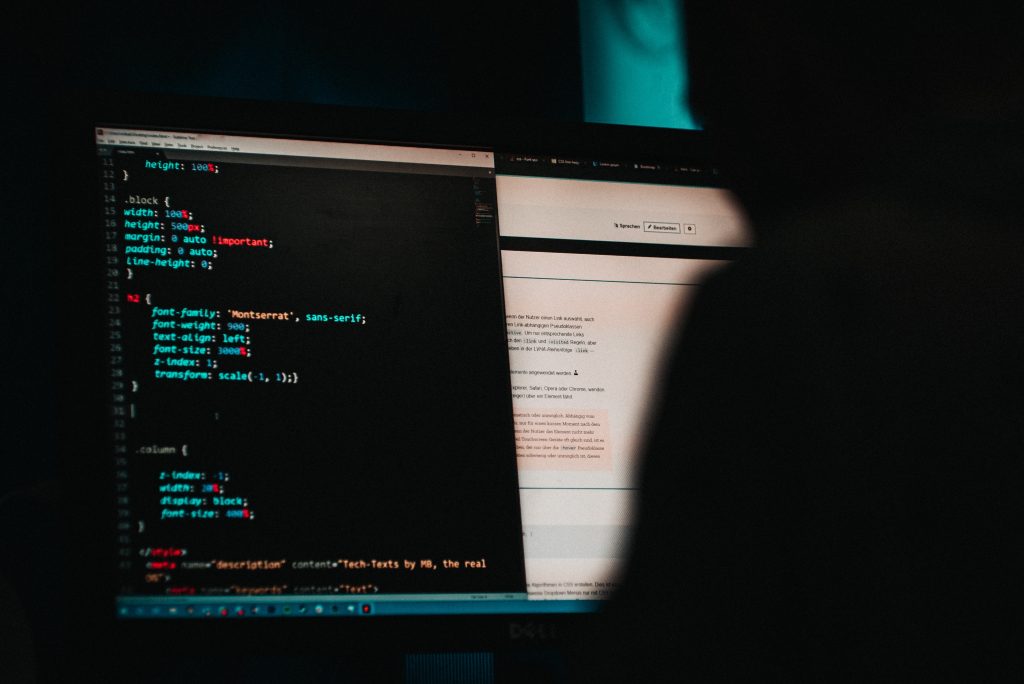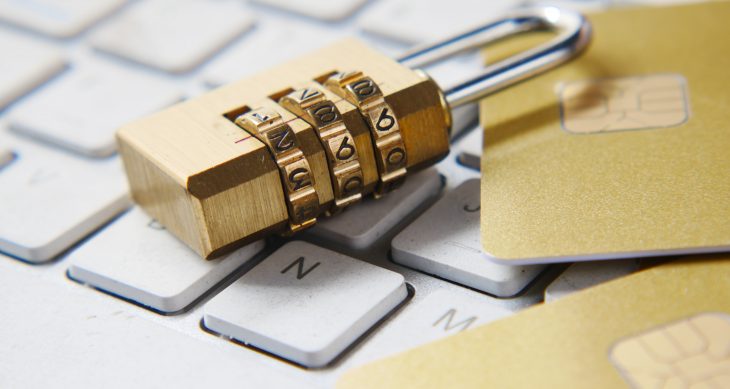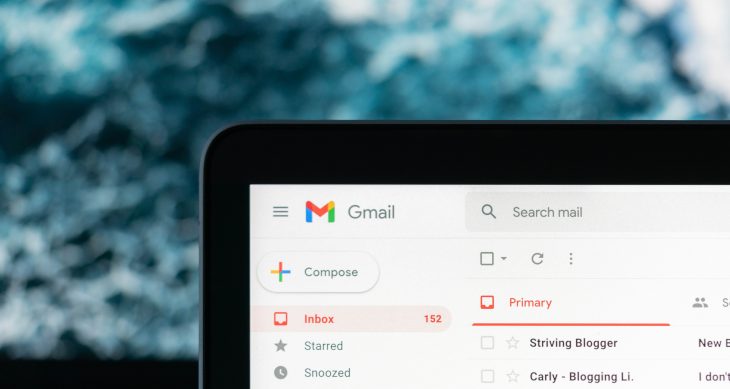
- Posted on
- Comments 0
What is encryption and why is it important?
By Rachel Sommer . May 3, 2021
You may have heard of encryption as a good thing but what is it exactly and why should it matter to you?

What is Encryption?
Encryption is a way to conceal information by altering it so that it appears to be random data. Modern encryption is based on complex algorithms called “Ciphers.” The process consists of taking plain text, like a text message or email, and scrambling it into an unreadable format called “Ciphertext.” This helps protect the confidentiality of digital data either stored on computers or transmitted through a network. Data can be encrypted “at rest,” when it is stored, or “in transit,” while it is being sent somewhere else. When the intended recipient accesses the message is then translated back to its original form, this is called decryption.

Vast amounts of personal information are managed online and stored in the cloud or on servers. These days It’s nearly impossible to do business of any kind without your personal data ending up in an organization’s network, which is where encryption comes in and why it’s important to know how to help keep that data private.
Whether you know it or not, encryption already protects many of your daily online activities. Online banking, email, online shopping – even the website you’re currently visiting – all use encryption to protect your data.

You may have noticed upon visiting a website you will see a padlock symbol on the left-hand side of the address bar before the URL, this means that information sent from this website to other places is secure and encrypted. Alternatively, if you see an open lock and a small alert message saying that the website is not secure, you should proceed with caution or exit the website entirely.
How does encryption work
To unlock the message both the sender and the recipient have to use a “secret” encryption key which is a collection of algorithms that scramble and unscramble the data back to a readable format. All of this is taking place when you communicate online-whether you are sending a message to a friend or emailing a colleague!
History of Encryption
Encryption has been around long before even the first spoken language! The first documented instance of written cryptography dates back to 1900 B.C. when an Egyptian scribe used non-standard hieroglyphs in an inscription.
Famously, Julius Cesar was known for his secrecy when communicating with his troops. He would encrypt the messages he sent to his generals by changing the last 3 letters of the alphabet to the first three.
The most notable instance of early encryption might be the world-famous Enigma machine, created by German cryptologists to send encrypted messages during WWII. Interestingly, the first prototype for the computer came about through trying to decipher the Enigma.
Why is Encryption Important?
Encryption is Essential and the benefits are many. Encryption keeps your most sensitive and personal information private. Including all online data such as bank details and communications through social networks and offline data like files stored in your computer or hard drive.

Protection from hackers
Cybercrime is a global industry often run by multinational units. You may have heard of large-scale data breaches in the news, cybercriminals are very intelligent and are often out to steal your personal information for their own financial gain.
Encryption protects against identity fraud but also in the case of a lost phone or computer, you can rest assured that your data is secure.
Privacy and Peace of Mind
Encryption helps protect your online privacy by turning personal information into “for your eyes only” messages intended only for the parties that need them — and no one else.
You should make sure that your emails are being sent over an encrypted connection, or that you are encrypting each message. Most email clients come with the option for encryption in their Settings menu, and if you check your email with a web browser, take a moment to ensure that SSL encryption is available
Authentication
Have you ever stumbled upon a questionable website and wondered if it was legit? Public key encryption is one way to establish that a website owns the private key listed in the website’s TLS certificate. This allows users of the website to be sure that they are connected to the real website.
Tips for Security
- Install and use trusted security software on all your devices, including your mobile phone and make sure it stays up to date
- Use a VPN (Virtual Private Network) when online and especially when online banking or accessing other sensitive information. VPNs use encryption to scramble data when it’s sent over a Wi-Fi network.
- Utilize a password manager, like Easeenet, that will not auto-fill your login information onto a phishing site.
- Update your operating system and other software.
- Avoid reflexively opening email attachments. Email is one of the most popular ways cybercriminals deliver ransomware.
- Back up your data to an external hard drive. If you’re the victim of a ransomware attack, you’ll likely be able to restore your files once the malware has been cleaned up.
- Consider utilizing cloud services. Many cloud services retain previous versions of files, allowing you to restore your files back to the unencrypted form.
Easeenet and Encryption
To help keep your time online more secure, Easeenet provides end-to-end encryption for all document sharing and storage. We proudly offer end-to-end 256-bit encryption (military grade), Passwords and documents are encrypted even in storage, and we do not have access to decrypt your passwords.
Easeenet helps keep you safe online, Get started today with our Free Trial!








